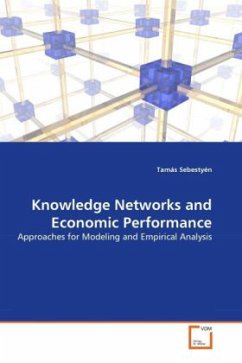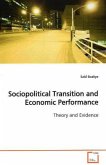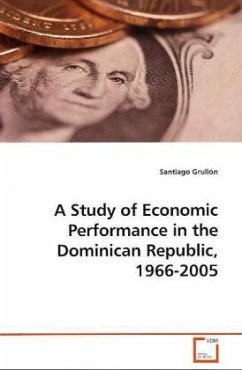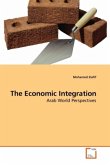Economic systems are made up of multi-layered networks of economic agents, a fact which is frequently neglected by macroeconomics. In this work the fields of network theory and economics are tried to be woven together with the help of a simple general equilibrium macroeconomic model which is augmented with network-mediated knowledge flows between economic actors. The specific focus on knowledge networks is motivated by the role of knowledge accumulation in economic growth. The main emphasis is on the role of the specific structures of these knowledge networks in the determination of aggregate economic performance. In addition to the network-based modeling of economic phenomena, the work also deals with empirical analysis of regional knowledge networks in Europe. The empirical findings are then used to establish a modeling framework which provides suitable basis for policy impact analyses especially in the field of development and regional policy. Explicit modeling of network connections between regions or economic actors can yield important insights into the processes of economic development, especially with regards to the uneven pattern of growth.







